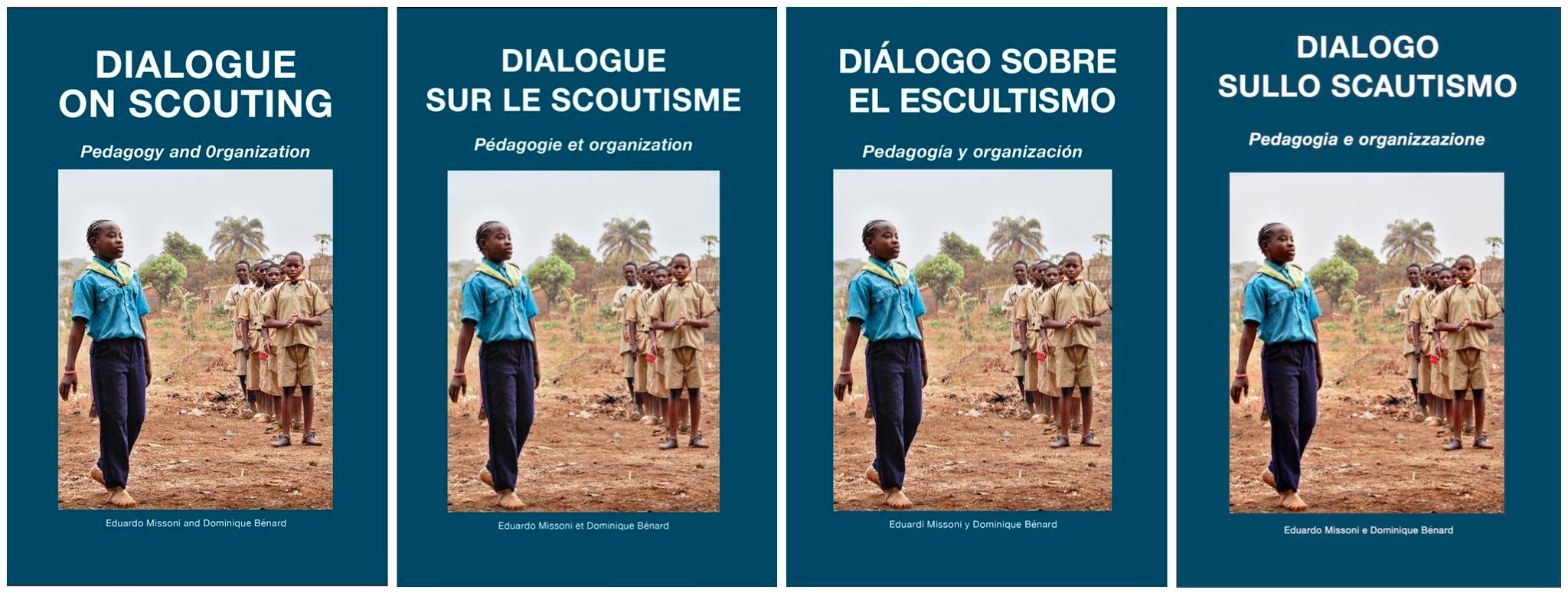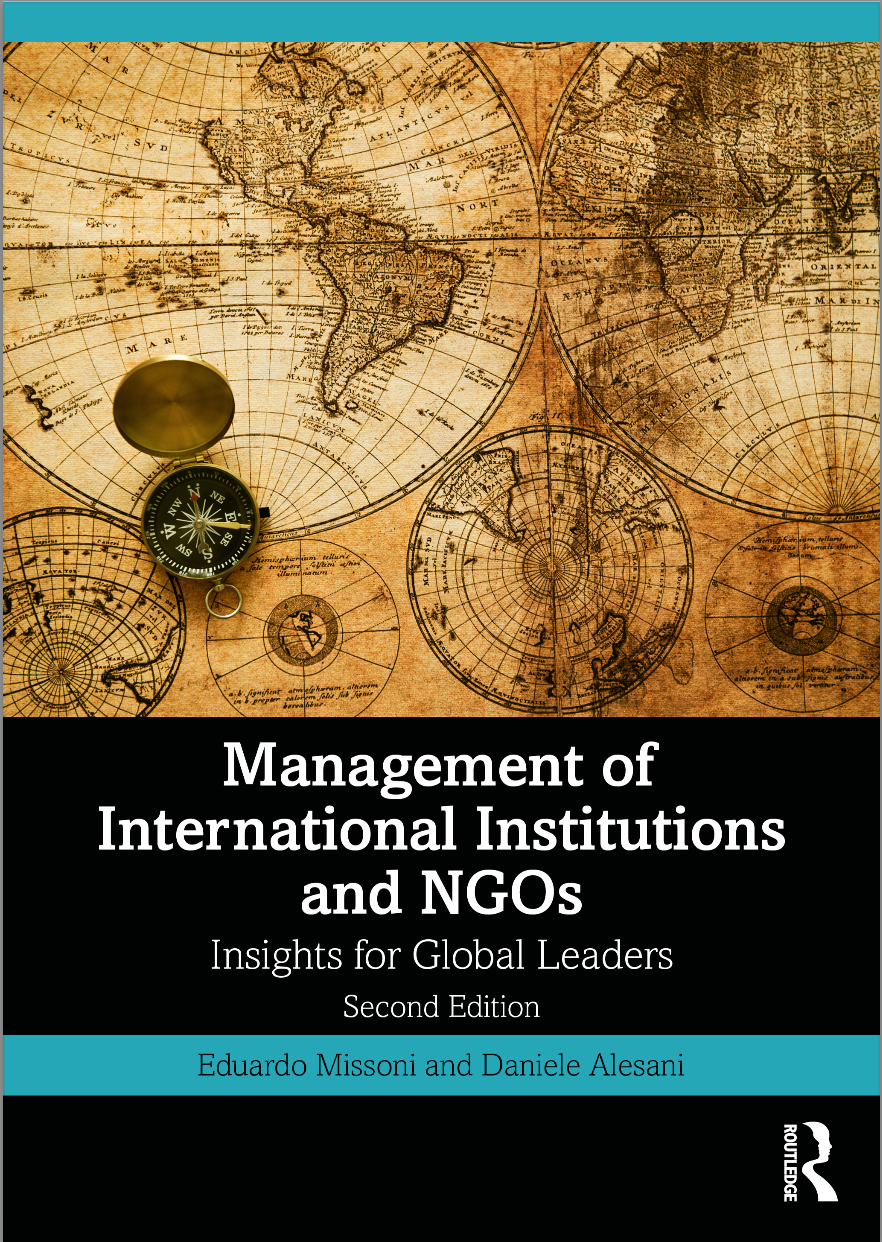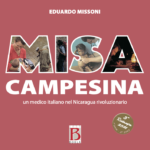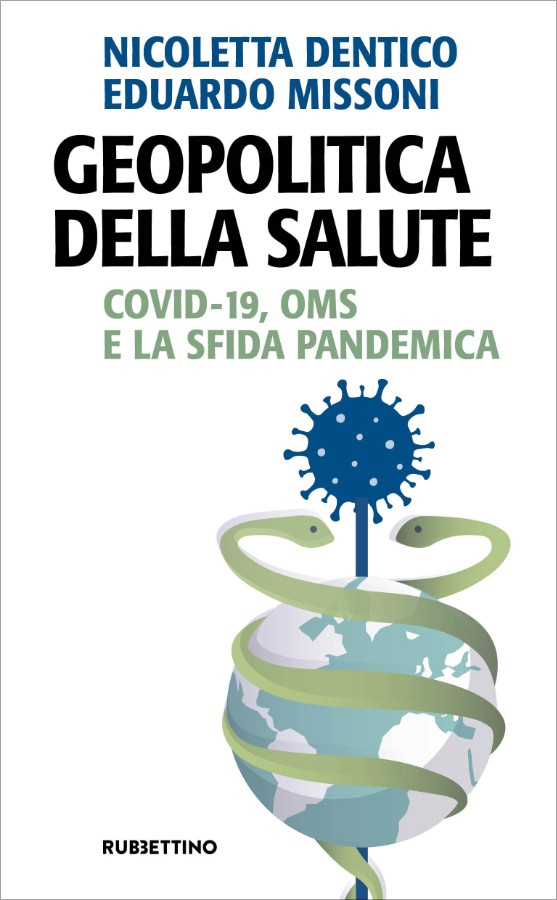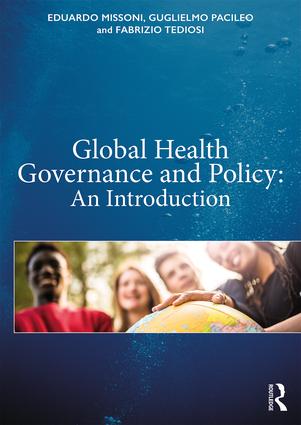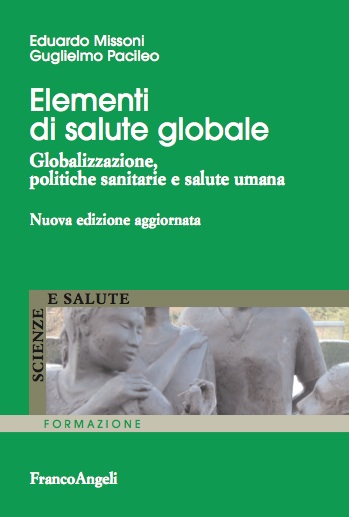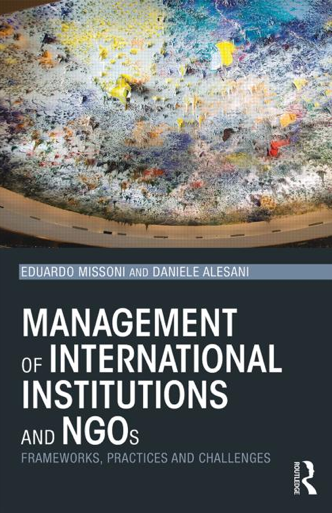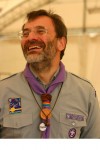(Published in Italian by LaVoce.info on 24.4.2012)
That the US President’s candidate to the Presidency of the World Bank, Jim Yong Kim, was the one selected for the job on April 16th 2012 by the Board of Directors of the global economic institution is no news. (1) The novelty is that President Obama proposed a Global Health expert, medical doctor and anthropologist, not an economist. (2)
WHO IS JIM YONG KIM
The week before the appointment, the Wall Street Journal reported the “rebellion” of “ a long list of development experts, government officials and news organizations around the world” elicited by Obama’s decision. (3) According to those opposers the other two candidates, the Nigerian Finance Minister Ngozi Okonjo-Iweala, and the former Finance Minister of Colombia, José Antonio Ocampo, were better qualified for the job, given Kim’s lack of experience in financial and economic issues at the core of the World Bank activity. It is also the first time in history that the choice of the candidate is contested.
Former professor of Social Medicine and Global Health at Harvard Medical School, in 2009 Kim became the President of Dartmouth College. Before he was at the World Health Organization (WHO) initially as the adviser to the Director General and later as the Director of the HIV/AIDS Programme. In 1987, together with Paul Farmer he was the co-founder of the American NGO Partners in Health well known for its community health programmes in several poor countries, starting with Haiti, and for advocating universal access to care.
Apart from his professional background, one cannot omit to notice the criticism Kim moved in the past to neoliberism. In the book Dying for Growth, published in the year 2000, together with the other co-editors Kim criticised economic growth as the only mean to reduce poverty and improve quality of life: “The quest for growth in GDP and corporate profits has in fact worsened the life of millions of women and men”. (4) The book attacked the structural roots of inequalities in global health and identified in capitalism, and specifically in neoliberism, and in those development policies the cause of the negative impact on health.
Later, Kim’s activities and scientific production were mainly focussed on Aids and tuberculosis and especially on the access to treatment for these pathologies, often linking those issues with social justice.
“If we really believe in health as a human right, what are we actually doing to realize that right? In other words, – asked Kim in an interview in 2008 – what are we doing to make sure that people have access to clean water, to housing, to employment and to health care?” . (5) Kim is convinced that to solve those problems a system perspective is needed. To those who say that the financial crisis does not allow any longer to invest in health services for the poorest, he answers that this represents “a fundamental mistake. The economic downturn will force us to move even more quickly toward collaboration with experts in systems management and operational strategies.”. In Kim’s opinion the commitment to reach the Millennium Development Goals represents “our most important investment to ensure productivity and political stability in the world.”.
A STRONG SIGNAL
It will be interesting to se to which extent Kim will be able to negotiate a higher attention of the World Bank to social development issues. But what can we expect from Kim as a leader of a complex organization?
“Being a doctor was useful to me from day to day – Kim likes to repeat referring to the period he spent at WHO – but being an anthropologist was useful every day”. (6) In his opinion, that organization is “one of the most complicated bureaucracies in the world”, thus a good training field. (7) The World Bank is doubtfully less complicated. “The task of anthropology, which is to understand deeply and to find a path toward empathy for people who have very different perspectives from your own, is both difficult and critically important in organizations like the WHO”.
A negotiating capacity that others have read with a critical eye, attributing to Kim, not without some dosis of sarcasm , “astonishing successes” in “creatively mediate the tension between ideological rigor and pragmatic accommodation”. “He has been quite willing to support the profitability of already very wealthy corporations if it means saving a life in the here and now.” wrote the American Anthropologist in 2011 in a short analysis of Kim’s career. (8)
Kim’s appointment does not interrupt the tradition of the American leadership at the head of the World Bank, but – probably without drastic transformations – it could be a strong signal toward alternative approaches to development. On the day of his election, Kim said that he wants a World Bank that “delivers more powerful results to support sustained growth, prioritizes evidence-based solutions over ideology, amplifies the voices of developing countries and draws on the expertise and experience of the people we serve.”. (9) Also President Obama said to be confident that Kim will bring to the Bank “a passion for and deep knowledge of development, a commitment to sustained economic growth” but also “the ability to respond to complex challenges and seize new opportunities”. (10)
A Global Health expert guiding the Institution whose motto is “Working for a World free of Poverty”, does not mean having definitively overcome the neoliberal approach and finally measure development according to equity and social determinants of health, however it could be a first step to strengthen inside the Bank the debate on those issues and bring economics nearer to the real need of the population. (11)
(1)The 25 members of the Board, however, did not express a unanimous vote. Among the BRICS, India, China and Russia supported Jim Yong Kim, while Brazil and South Africa supported the Nigerian candidate. Lesley Wroughton, “World Bank picks health expert Kim as president”, Reuters, Washington, 16.4.2012 (http://www.reuters.com/article/2012/04/16/us-worldbank-idUSBRE83F0XF20120416?feedType=RSS&feedName=topNews&rpc=71)
In over sixty years of its history, the Bank has always been led by a US citizen, following the non written agreement between the US and its European allies, that in exchange have always maintained a European at the head of the International Monetary Fund. Together, on the basis of the existing weighted vote mechanism, United States and Europe together have about 50% of the votes.
(2) Global Health is an emerging area for interdisciplinary studies, research and practice that considers the effects of globalization on health -understood in the comprehensive meaning of a complete state of physical, mental and social well-being- and the achievement of equity in health for all people worldwide, emphasizing transnational health issues, determinants and solutions, and their interactions with national and local systems. (www.cergas.unibocconi.it/globalhealth)
(3) Sudeep Reddy, “Criticism Over U.S.’s World Bank Pick Swells”, Wall Street Journal, 8.4.2012 (http://online.wsj.com/article/SB10001424052702304587704577331611782367728.html). Ocampo left the competition the week before the election in support of the Nigerian candidate.
(4) Jim Young Kim, Joyce V. Millen, Alec Irwin, and John Gershaman, (eds.) Dying for Growth: Global Inequality and the Health of the Poor. Monroe, ME: Common Courage Press, 2000, p.7.
(5) Prashant Nair, “Straight talk with…Jim Yong Kim”, Nature Medicine, volume 14, number 12, december 2008, pp.1298-1299. The to following quotes are from the same interview.
(6) Jim Yong Kim, Dartsmouth’s President elect public lecture titled “Tackling the World’s Troubles: Global Health and the Challenge for Dartmouth” on May 26, 2009. (http://www.youtube.com/watch?v=OM5HHwp954E&feature=related)
(7) Di nuovo, un’affermazione ripresa dall’intervista a Prashant Nair, come quella che segue.
(8) G. Derrick Hodge, “Walking the Line between Accommodation and Transformation: Evaluating the Continuing Career of Jim Yong Kim”, American Anthropologist, Vol. 113, No. 1, March 2011, p.148-149.
(9) Annie Lowrey, “U.S. Candidate Is Chosen to Lead the World Bank”, New York Times, 16.4.2012 (www.nytimes.com/2012/04/17/business/global/world-bank-officially-selects-kim-as-president.html?_r=2&adxnnl=1&adxnnlx=1334660549-OmDXwYmosNP1Qqk5jH09EA)
(10) Adam Aigner-Treworgy, “Kim named World Bank president”, Cnn Politics, 16.4.2012. (http://whitehouse.blogs.cnn.com/2012/04/16/kim-named-world-bank-president/)
(11) Fore an in depth reading about social determinants of health see: CSDH, “Closing the gap in a generation: health equity through action on the social determinants of health”. Final Report of the Commission on Social Determinants of Health, Geneva, World Health Organization, 2008
This post is also available in: Italian


 English
English Italiano
Italiano 